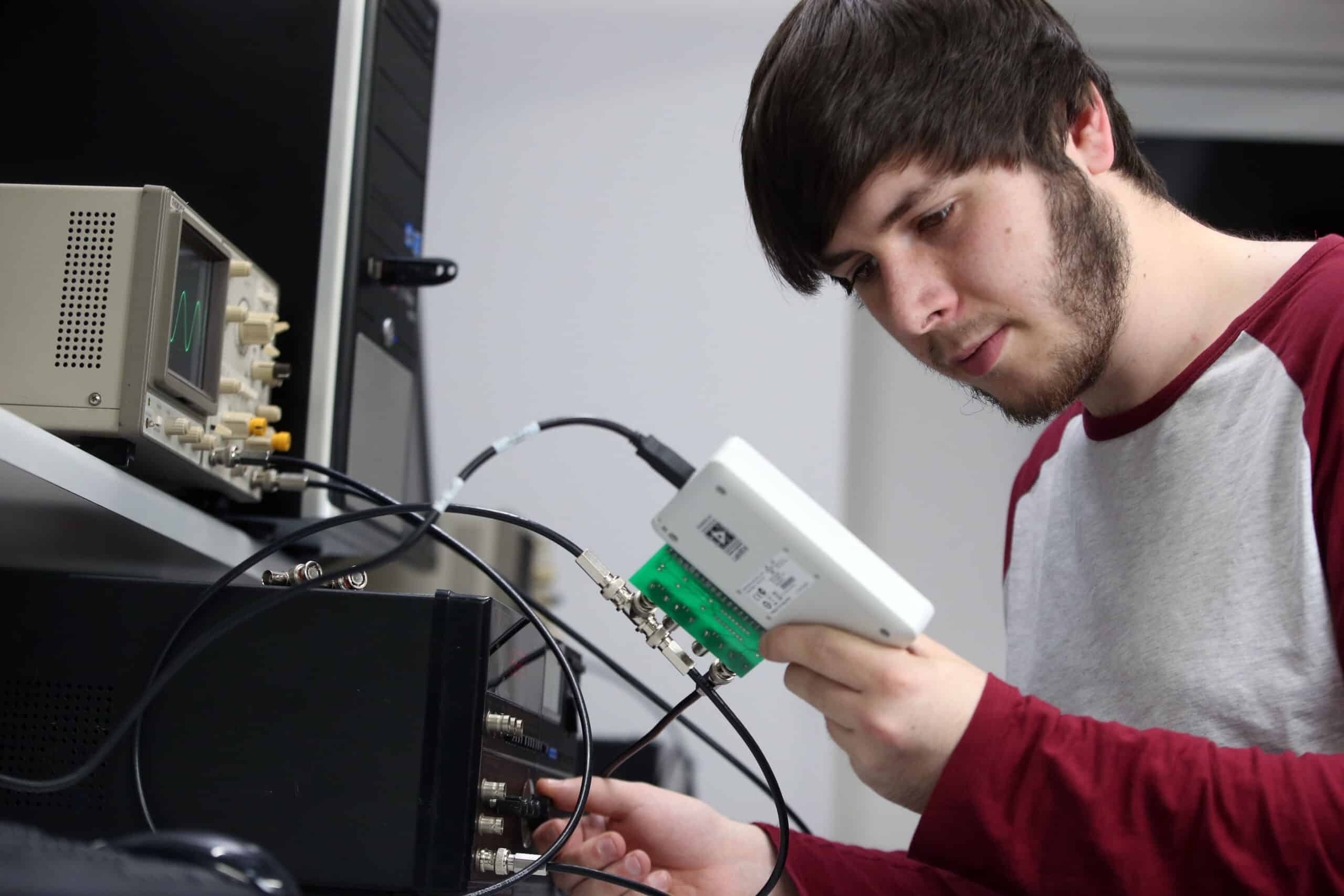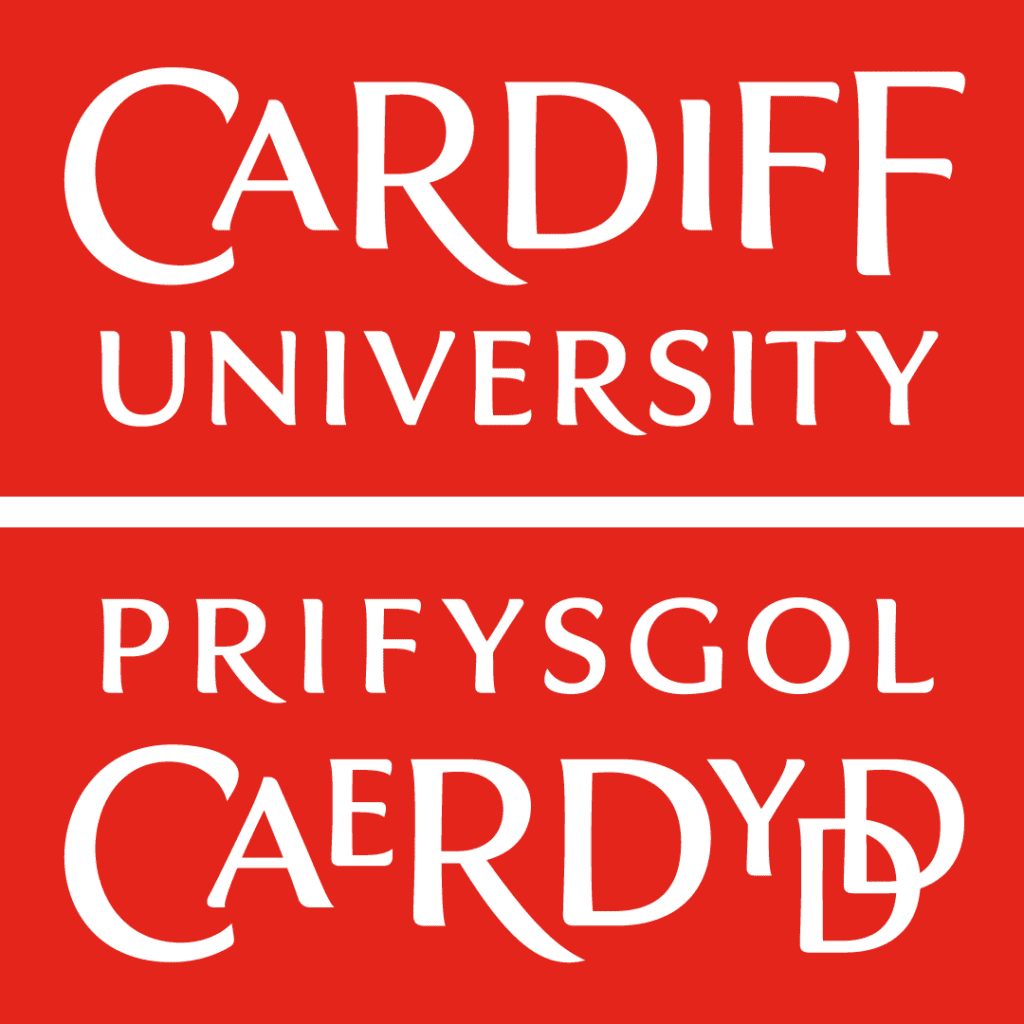Zoom in on the southeast coast of Wales — a country in the UK with breathtaking sights — and you’ll discover Europe’s youngest capital city: Cardiff. Hone in a little closer, and you’ll find a haven for aspiring astrophysicists — Cardiff University’s School of Physics and Astronomy institution focuses on enabling students from a broad range of backgrounds to either advance their passions or launch successful careers in new directions.
Gauri Verma, an MSc Astrophysics student, is a prime example of Cardiff University’s unique ability to welcome learners from diverse backgrounds. Although formally trained in engineering, the Indian native couldn’t help but finally give in to her childhood dreams. “I have wanted to learn about astronomy since I was in the third grade and was always involved in space activities at school,” she explains. “The UK accepts students from various backgrounds, which has been really valuable as we have learned a lot from our fellow students who have studied different subjects like engineering or chemistry.”
There are a number of reasons why hundreds of students with future-focused interests choose as their launchpad to success — but here are four pivotal elements that contribute to their decision:
There are a number of reasons why hundreds of students with future-focused interests choose Cardiff University’s School of Physics and Astronomy as their launchpad to success — but here are four pivotal elements that contribute to their decision:

Source: School of Physics and Astronomy, Cardiff University
A track record of excellence in teaching
The School of Physics and Astronomy’s impressive legacy of teaching physics and astrophysics spans over a century. However, its status as a pioneer should not overshadow its unwavering commitment to progress and innovation. Studying here is a chance to be at the forefront of research and innovation. One notable example of the School’s innovative collaborations is its partnership with a global research group for the Laser Interferometer Gravitational-Wave Observatory (LIGO), the first group in the world to detect gravitational waves in 2015.
Such remarkable endeavours exemplify the School’s dedication to pushing the boundaries of scientific exploration and uncovering new frontiers of knowledge. Students are always welcome to get involved. Verma, for example, conducted a mini-project alongside her peers to discover the mass of the dust in the Butterfly Nebula. “We collaborated really well, organising weekly team meetings and uploading our project plan, which our supervisors could review,” she shares.
Meanwhile, MSc Astrophysics student Tushar Raju Meshram used his micro-project to explore the field of supernovae. “The topic was modelling the luminosity and evolution of supernovae, and I looked at how supernovae form and react and everything else related to that,” he shares.
Diverse programmes, flexible pathways
To cater for diverse scientific interests, Cardiff University’s Physics and Astronomy department offers six research-led master’s programmes. They include Physics, Astrophysics, Data Intensive Physics, Data Intensive Astrophysics, Compound Semiconductor Physics, and Gravitational Wave Physics. Each is comprehensive in its own right., designed to lay a solid foundation while broadening intellectual horizons.
“The best thing about the course is the modules — the way they are designed incorporates everything we need to know as astrophysicists, including stars, galaxies, etc, as well as research skills,” enthuses Verma.
Meshram was equally enthralled by his course’s breadth and depth. “There is such a variety of options to choose from, such as modules from cosmology to science communication,” he says. “This helped me to figure out my way and what I am interested in.”
Practical learning at its finest
A distinctive feature all of Cardiff University’s Physics and Astronomy programmes is the inclusion of a project component, which was carefully crafted to mirror the cutting-edge research conducted by renowned academic staff and esteemed postgraduate researchers. Through this hands-on experience, students are empowered to delve into the forefront of their chosen discipline, gaining invaluable insights and honing their research skills with expert guidance and unwavering support.
Students also learn from members of internationally-leading research groups, including the Institute for Compound Semiconductors; the Gravity Exploration Institute, one of the largest gravitational wave research groups in the world; and the Cardiff Hub for Astrophysics Research and Technology (CHART), one of the largest groups of astronomers in the UK.
Dr. Mikako Matsuura, who supervised Verma on her research project, is a Reader in CHART. Her research focuses on dust and molecules in evolved stars, supernovae, and supernova remnants.

100% of astronomy and 93% of physics graduates from the school were satisfied overall with its degree courses, according to the 2022 National Student Survey. Source: Office for Students.
A great location and vibrant student life
A charming capital city in its own right, Cardiff is also a great base for exploring the UK, with London only a two-hour train journey away. Meshram is a huge fan of the University’s location: “It is situated between the mountains and the beach, so it’s in a perfect spot”, while Gauri has taken advantage of the city’s proximity to key attractions in the UK. “The Student Union organises lots of trips to places like Bath, Stonehenge and Oxford, so it’s not just about the studying, it’s everything – the whole package” she says.
It is no surprise that Cardiff Students’ Union (CSU) has received acclaim, achieving 2nd place in the UK in the WhatUni Student Choice Awards 2022 for Best Student Union and consistently ranking among the top five in terms of student satisfaction. These accolades reflect that by providing a vibrant social scene, diverse extracurricular opportunities, and a supportive community, this university ensures students have an enriching and memorable journey throughout their academic years. With over 200 societies hosting events, there is plenty to choose from. “These events keep us engaged throughout the year. As students, our social lives are fun, so it balances out the workload, and it really prepares you for the future,” affirms Verma.
Further to this, Cardiff School of Physics and Astronomy runs many of its own networking events, and is home to an excellent outreach programme. Meshram says that becoming an official student ambassador is one of the most amazing things about his time at the university. “I go to schools and teach children astronomy through experiments using Lego!” he shares. “Most recently, we were looking at different kinds of satellites, and I challenged the children to build their own satellite out of Lego.
Follow Cardiff University, Physics and Astronomy on Facebook, Twitter, Instagram and YouTube











